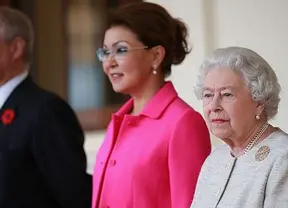
The Communist Party of China (CPC) has decided on the country's course for the next five years, targeting medium-high economic growth, highlighting innovation and abandoning the decades-long one-child policy, after a key meeting on Thursday.

Argentina's presidential elections Sunday headed for a surprising runoff for the first time in the country after a virtual tie in the first round, posing great challenges for the populist center-left party.

Given looming downward pressure and ongoing economic restructuring, a lower average annual growth target of 6.5 percent will be acceptable and attainable for the world's second largest economy in the next five years, according to analysts.

For those obsessing over China's annual growth target of around 7 percent, the 6.9-percent expansion during the third quarter was a disappointment.

As the world economy is facing varied challenges including slowing growth, differentiated policies, transition and increasing uncertainties, new strategies are needed to cope with the changing economic situation and boost global economic development.

The International Monetary Fund (IMF) is confident about its GDP growth expectations for China in the range of 6.5 percent to 7.5 percent in 2015, according to the organization's latest World Economic Outlook released here Tuesday.

Australian Prime Minister Malcolm Turnbull on Tuesday called on the nation's brightest economic and political leaders to attend a summit aimed at driving radical economic reform.

Chinese Vice Premier Ma Kai and British Chancellor of the Exchequer George Osborne on Monday co-chaired the 7th China-Britain Economic and Financial Dialogue (EFD), reaching 53 agreements ranging from nuclear energy, high-speed railway to an expanded currency swap line.
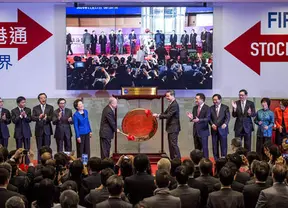
Former U.S. Treasury Secretary Henry Paulson said on Sunday the United States should support the success of economic reforms in China, which is critical to both countries and the global economy.

Overall GDP growth in Switzerland for 2015 is expected to reach 0.9 percent, up 0.1 percent compared to the June forecast, the Swiss State Secretariat for Economic Affairs (SECO) indicated on Thursday.

Beijing on Thursday asked about 1,000 industrial and polluting companies in the new administrative center of Tongzhou District to either move out or upgrade their businesses in 2016.
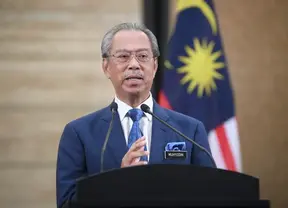
Premier Li Keqiang has pledged that China will honor its obligations on climate change while meeting with business leaders at the ongoing World Economic Forum event in northeast China's Dalian city.
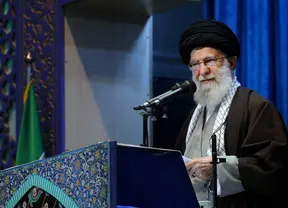
Indian Prime Minister Narendra Modi Tuesday held a meeting with top industrialists and bankers to discuss the economic scenario amid slowdown of the economy and social unrest, according to local media reports.
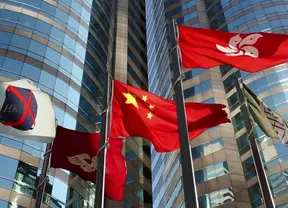
The Afghanistan government hosted the sixth Regional Economic Cooperation Conference on Afghanistan (RECCA) amid tight security on Thursday, which observers believe would have a positive impact on the economy of the war-torn country.
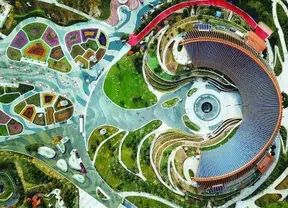
The arrival of September was good news for Italian Prime Minister Matteo Renzi. The month opened with a positive readjustment to the country's economic growth calculations and some long-awaited positive movement with unemployment levels.

Foreign experts on China's economic development have expressed confidence in China's long-term growth potential after the steep fall of its stock markets on Monday and Tuesday, dismissing claims that China is the cause of economic reversals.

World markets experienced a "Black Monday" rout as anxiety over world economic prospects has been accumulated and fermented recently.